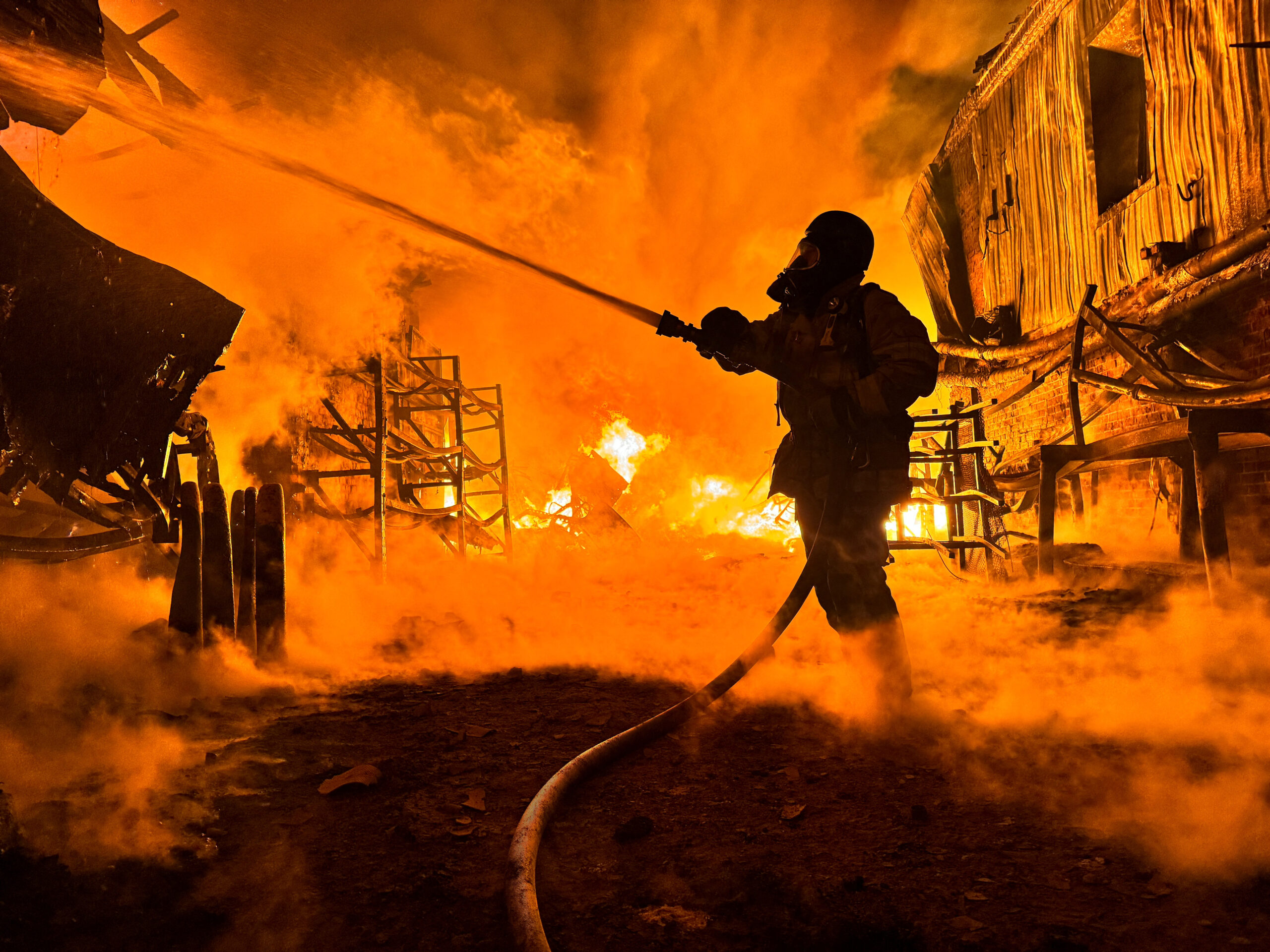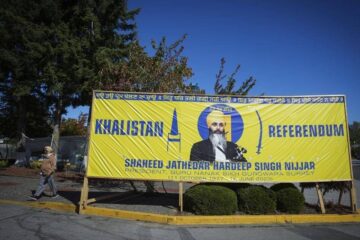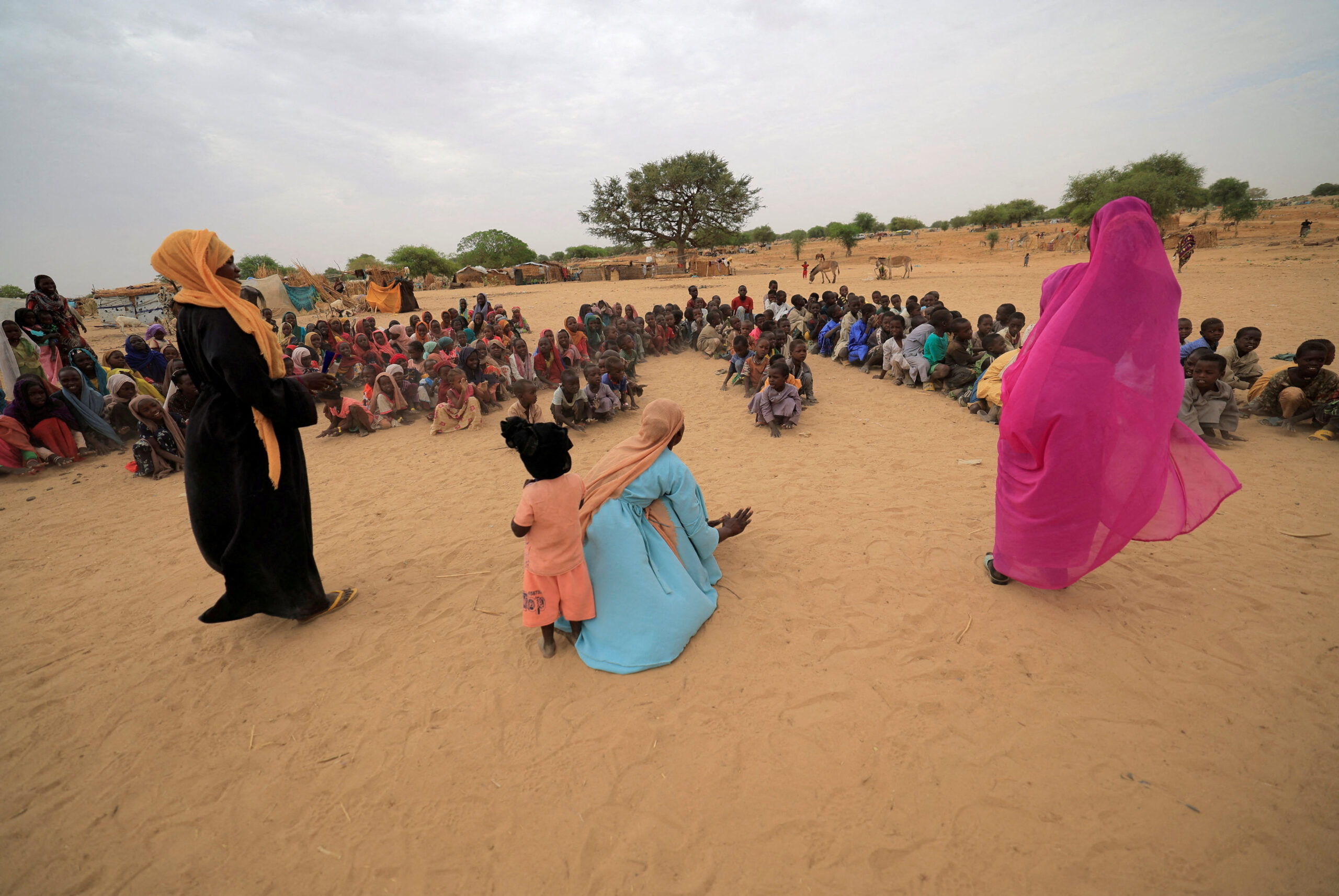Pakistan court frees eight men charged with attack on schoolgirl Malala
Reuters
A Pakistani court has freed eight out of 10 men charged with organizing the shooting of schoolgirl activist Malala Yousafzai, police said on Friday, a move that will raise further questions about the nation\’s heavily criticized justice system.
Pakistani Taliban militants claimed responsibility for attacking Malala in 2012 as she traveled home from school in Swat, northwest of the capital Islamabad. She was shot in the head and airlifted to Britain for treatment, where she now lives. Two other schoolgirls were also wounded.
Malala became a global symbol of defiance after she campaigned for girls\’ education despite Taliban repression and she won the 2014 Nobel Peace prize.
Senior police official Salim Khan said the eight men were freed because there was not enough evidence to connect them to the 2012 attack.
Police had said in April that all 10 had been convicted and jailed for 25 years each in a trial held behind closed doors. It was not clear why officials had given incorrect information.
"The only reason for their release was lack of proof against them," Khan said.
Prosecutor Naeem Khan said the men had confessed to the court that they had helped plan the attack.
None of the accused were suspected of being the gunmen, who security officials believe fled to Afghanistan.
"During the trial, all the 10 persons had admitted and confessed their role in Malala\’s attack before the judge of the anti-terrorism court. But only two of them, Izhar Khan and Israrullah Khan, were convicted while the remaining eight were freed," Khan said.
He said the trial had been conducted inside the main prison in Swat Jail after militant threats.
Khan said he filed an appeal against the acquittal on May 18 but the men had already been freed on April 30.
The case will raise further questions over police competence, accountability and secret trials in Pakistan.
Police are poorly trained and equipped. Most officers have never been trained in how to gather evidence and rarely follow basic procedures such as securing crime scenes. Cases mostly hinge on highly unreliable oral testimony, leading judges to frequently dismiss charges involving major militant attacks.
Trials are often held behind closed doors because judges, lawyers and witnesses fear retribution from militants.
SOURCE: REUTERS
[do_widget_area inner_adsbar]











